Storage containers offer a host of eco-friendly benefits, making them an advantageous choice for those looking to minimize environmental impact. Firstly, these containers are often constructed from high-quality, recycled steel, which not only reduces waste but also conserves natural resources. By repurposing existing materials, the production process demands less energy compared to crafting them from raw materials. Moreover, shipping and storage containers are designed for durability and long lifespans, reducing the need for frequent replacements and subsequently lowering manufacturing impact and material usage.
One of the most significant eco-benefits of storage containers is their flexibility in usage, which minimizes the environmental footprint associated with traditional construction. Containers can be utilized as temporary or permanent structures, providing a sustainable alternative to building new facilities from the ground up. This reuse and repurposing ability help minimize the carbon footprint, avoiding the extensive resource use and emissions typical of conventional construction.
Furthermore, their inherently secure and weather-resistant design reduces the energy costs associated with maintaining climate-controlled environments, often required in traditional storage units. This factor allows customers to optimize energy usage, contributing positively to environmental conservation efforts. Many businesses and individuals use containers to store eco-friendly equipment, contributing to overall sustainability goals and raising awareness of environmentally-conscious practices.
The compact yet efficient design ensures land use is optimized, reducing the impact on surrounding environments. Additionally, when no longer needed for their initial purpose, these containers can be easily recycled or further repurposed, ensuring a minimal ecological footprint throughout their lifecycle. Overall, storage containers present a sustainable option for various applications, aligning with the growing demand for greener solutions worldwide.
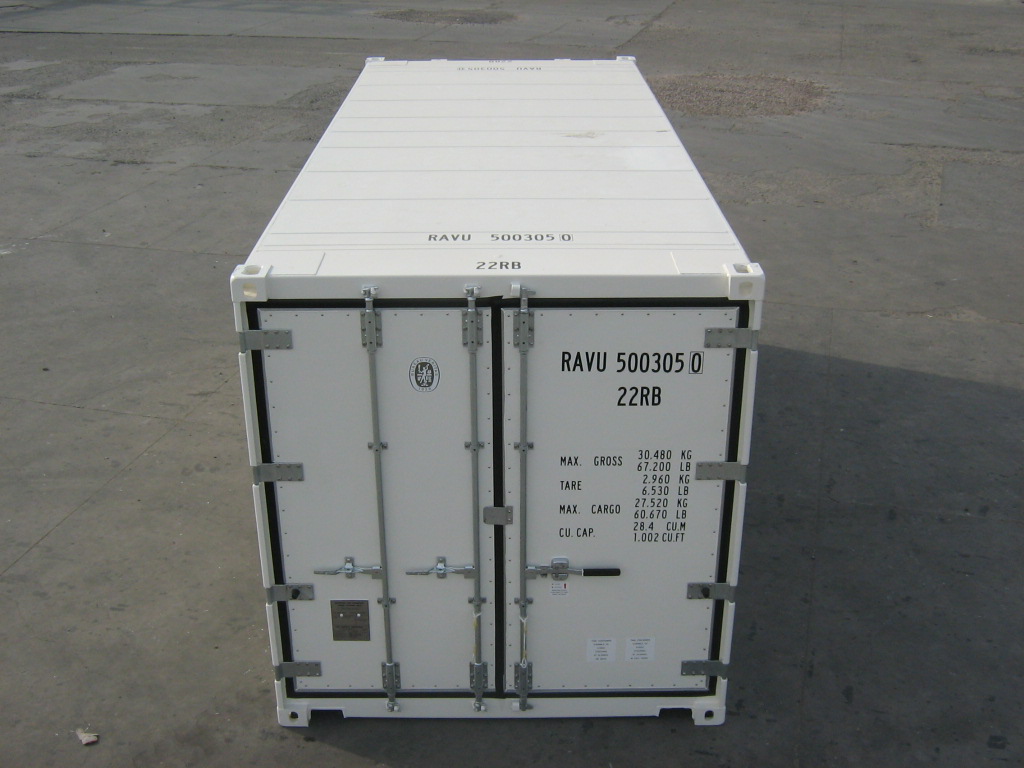
Storage Container Rentals in Dickson County
Call today for a free quote (615) 912-8808
Storage Container
Fast, Easy, & 100% Free To Get Started
Over 40 Years Of Expertise
For over 40 years, our company has been a reliable and quality-focused provider of Storage Containers in Dickson County. Our strong local connections and steadfast dedication to customer satisfaction fuel our success.
Committed to Excellence
Our unwavering commitment to excellence ensures every storage container meets the highest standards. We take pride in offering only the best solutions tailored to your specific needs.
Fast and Reliable Delivery
We guarantee quick delivery for all storage container rentals, ensuring your projects remain on schedule. Our efficient team prioritizes your convenience, delivering right on time every time.
Reliable Storage Container Solutions in Dickson County
Call for a Free Quote Today
(615) 912-8808
Our locally owned storage container rental service in Dickson County, Tennessee, is committed to providing dependable solutions for all your needs. With our reputation for reliability and high-quality service, we cater to various events, including construction sites, parties, festivals, and weddings. We proudly serve Dickson County and its surrounding areas, ensuring that your storage needs are handled with the utmost professionalism. Trust us to deliver the most effective solutions for your occasion, backed by our local expertise and community trust. Our team is dedicated to ensuring your satisfaction, offering a seamless and hassle-free rental experience. Whether for a short-term event or long-term storage need, our containers are the perfect fit.
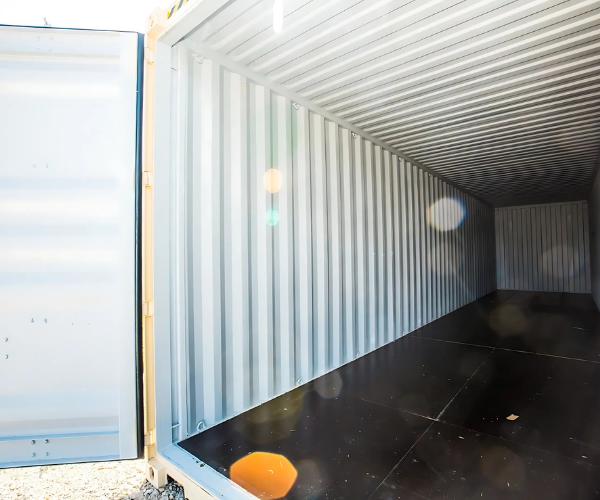
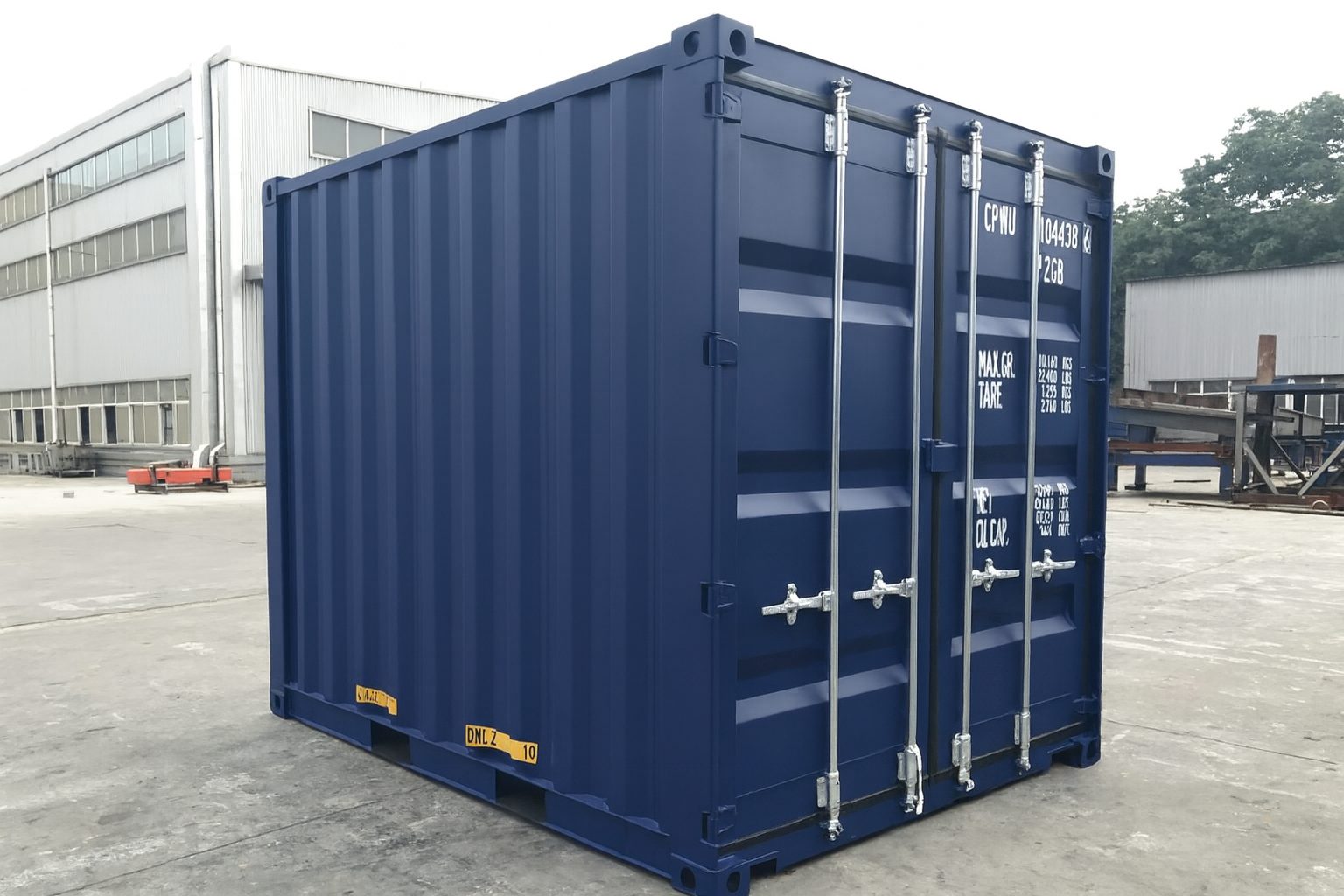
10-Foot Storage Container
Dimensions: 10′ × 8′ × 8′
Capacity: ~640 ft³
Perfect for small moves, dorm clean-outs, or seasonal overflow.
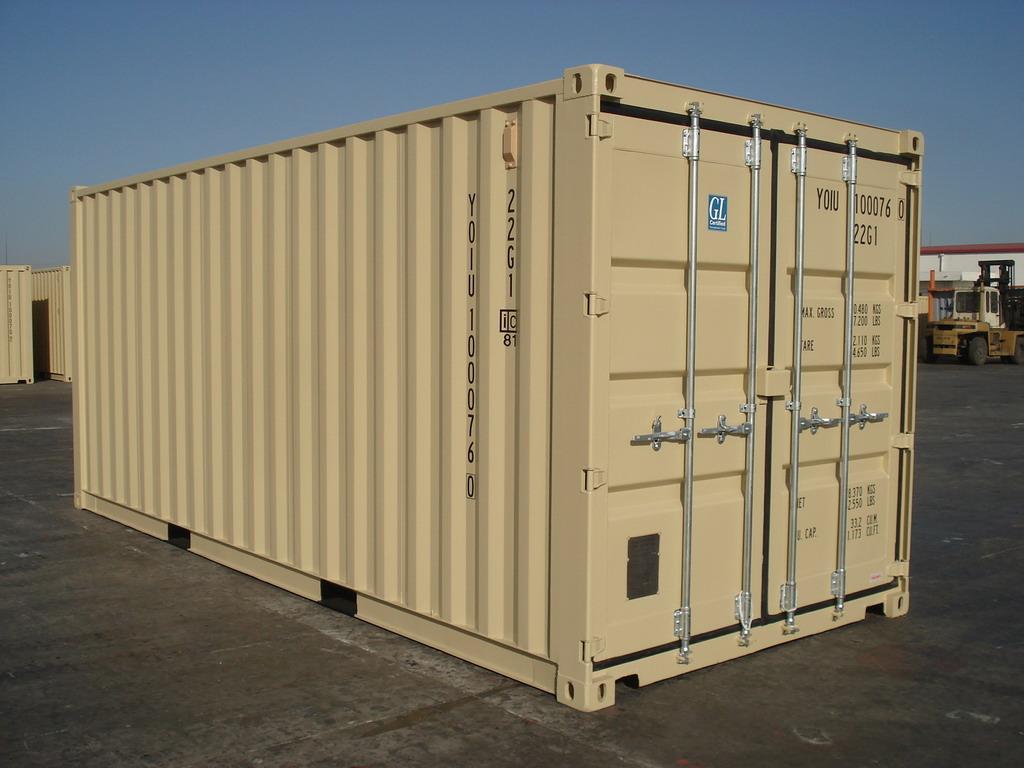
20-Foot Storage Container
Dimensions: 20′ × 8′ × 8′
Capacity: ~1,360 ft³
Ideal for apartment relocations or business inventory needs.
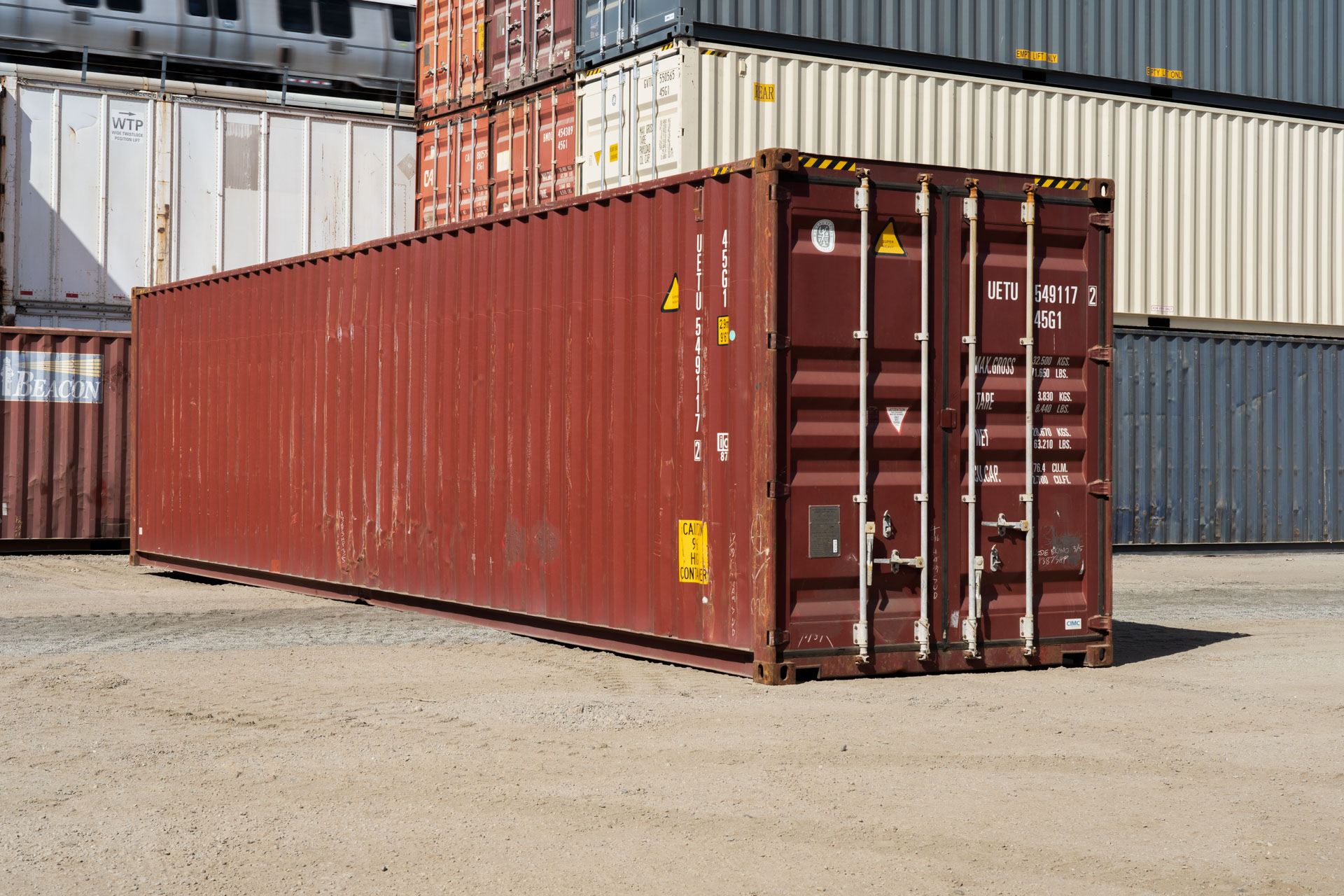
40-Foot Storage Container
Dimensions: 40′ × 8′ × 8′
Capacity: ~2,720 ft³
Suited for full-house moves, large equipment, or commercial warehousing.
We Proudly Serve
Standard Portable Toilets
Our standard portable toilets offer clean and accessible sanitation solutions for any event in Tennessee.
High Rise Portable Toilets
High rise portable toilets are expertly designed for construction projects in Dickson County, providing convenient sanitation.
Restroom Trailers
FusionSite Nashville offers versatile restroom trailers, perfect for special events in Dickson County, combining convenience with style.
Roll off Dumpsters
Roll off dumpsters from FusionSite Nashville provide efficient waste management solutions for projects in Dickson County.
Septic Tank Cleaning
Professional septic tank cleaning services by FusionSite Nashville ensure systems in Tennessee operate smoothly and efficiently.
Grease Trap Cleaning
Dickson County's expert grease trap cleaning service keeps your operations safe and efficient, minimizing environmental impact.
Fencing & Barricades
FusionSite Nashville offers reliable fencing and barricades, ensuring security and organization for any Tennessee event.
Residential Storage
Our residential storage units provide secure, flexible solutions for homeowners in Dickson County, Tennessee.
Dickson County's Premier Storage Solutions
Obtaining a quote and arranging delivery for our storage containers is straightforward and convenient. We value your time, and our streamlined online process makes it easy for you to receive a personalized quote tailored to your specific needs. Simply navigate to our website, fill out the form provided at the top or bottom of any page, and submit your information. Our form requires your first name, last name, phone number, and email for us to process your request efficiently. Our commitment to fast response times ensures you will receive a detailed quote promptly, allowing you to make timely decisions for your project or event planning. Our competitive pricing model guarantees value without compromising on service or container quality. Delivery arrangements are equally simple, enabling you to focus more on your project and less on logistics. Experience hassle-free service through our dedicated team, focused on ensuring your satisfaction with tailored solutions that meet your requirements.
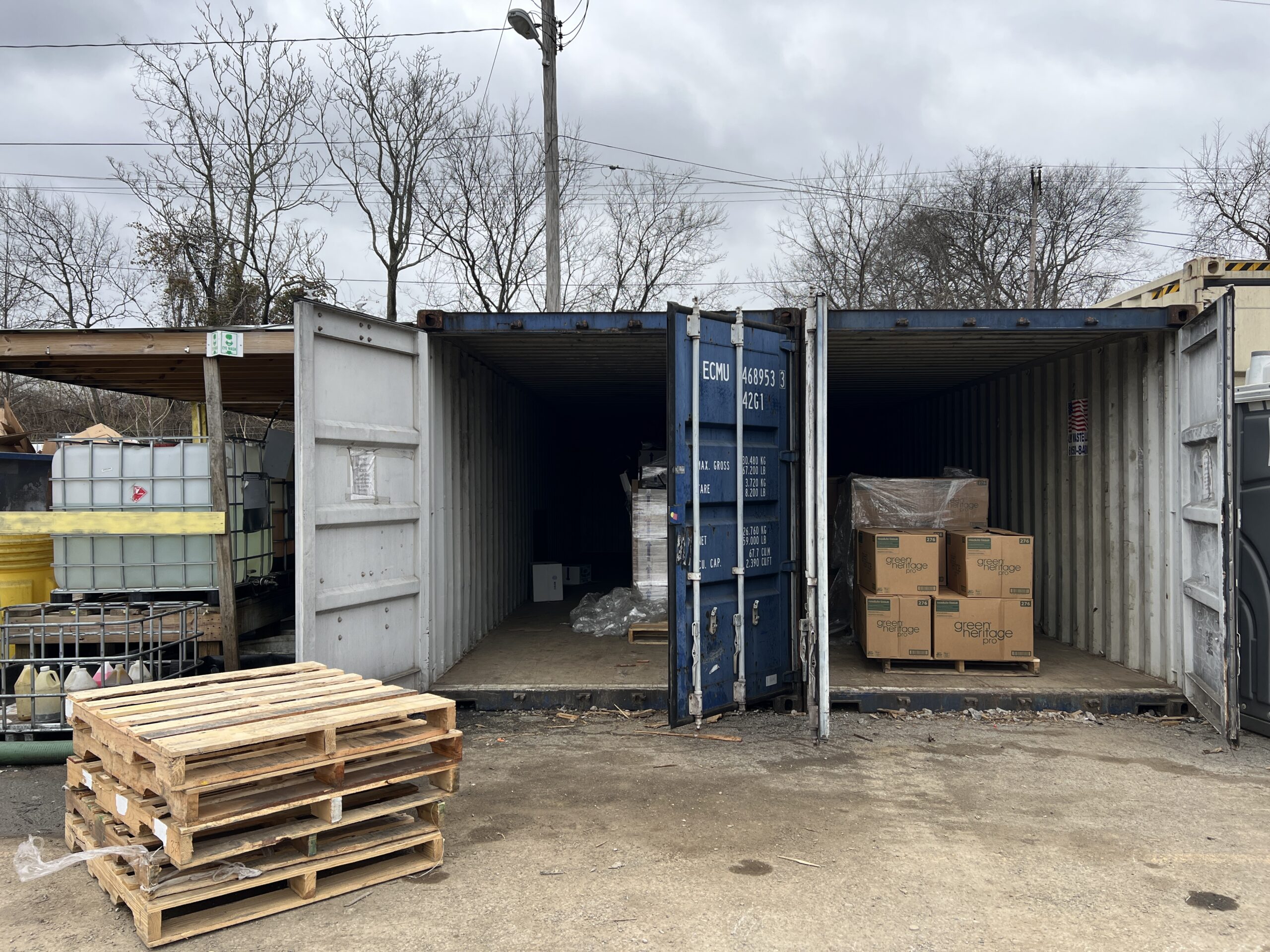
Experience the Charm of Local Service in Dickson County Our storage containers are the ideal solution for your event, whether nestled within the breathtaking natural beauty or amidst popular community gatherings. The charm of Dickson County, with its lush landscapes and welcoming community spirit, is reflected in everything we do, much like the vibrant atmosphere found at the annual Dickson County Fair. Enhance Your Event Experience Choosing our storage container services means opting for convenience, reliability, and a touch of local flavor. Whether you're planning a significant event or require temporary storage for an outdoor adventure, perhaps after enjoying the serene setting of Montgomery Bell State Park, our units ensure your belongings are secure, allowing you to focus on what truly matters. Reliability You Can Trust As a local business, we prioritize building relationships within the community, constantly striving to provide outstanding service tailored to the unique needs of Dickson County. This commitment ensures our storage solutions fit seamlessly into your event plans, enhancing overall satisfaction and security.
The Best Choice for Storage in Dickson County
For top-tier storage container services, look no further than our trusted local option in Dickson County. Our rooted presence in the community guarantees personalized solutions that larger chains simply can't match. Enjoy peace of mind through our commitment to secure, weather-resistant storage options that cater to all your needs.
A Legacy of Excellence
Our extensive industry experience means we're equipped with the knowledge and resources to ensure every project is a success. Choose us for unmatched expertise and dedication to quality that makes your endeavor in Dickson County smooth and hassle-free.
Fast and Efficient Storage Container Services
We quickly respond to every rental request in Dickson County, ensuring your Storage Container arrives when you need it most. Our skilled logistics team guarantees prompt Container Delivery, letting you focus on what matters. Feel confident knowing your timelines will be met without fail.
Streamlined for Your Convenience
We prioritize your satisfaction by streamlining both delivery and pickup processes. Count on us to address your storage needs with urgency and care, seamlessly aligning with your schedule to reduce downtime and enhance productivity.
Explore Our Storage Container Options in Dickson County
Renting a storage container in Dickson County is a simple process crafted for your convenience. Start by visiting our user-friendly website, where you'll find a comprehensive form at the top and bottom of every page. Alternatively, any of the prominently displayed "Get A Quote" buttons will lead you to the form. Here, you provide essential details: first name, last name, phone number, and email address. Completing this form enables us to customize a quote for your specific storage needs, offering the most accurate and competitive pricing options possible.
Once you submit the form, our knowledgeable team promptly reviews your request. We will contact you for any additional details and provide a formal quote tailored to your requirements. This ensures a smooth rental experience, freeing you to focus on other aspects of your project or event planning. Feel free to reach out by phone or email if you have questions or need immediate assistance during the rental process.
Our commitment to customer service excellence ensures we're with you every step of the way, from selecting the right container size to coordinating delivery and placement at your specified location. The simplicity of our rental process, paired with our dedication to quality service, makes us the premier choice for storage solutions in Dickson County. Trust us for a transparent, straightforward, and efficient experience, meeting your storage needs with minimal fuss and maximum satisfaction.
The delivery timeframe for storage container orders varies based on specific customer needs and project requirements, but we aim to ensure your container arrives exactly when you need it. Typically, container delivery is expedited within a few business days from order confirmation, allowing us to accommodate a wide range of scheduling needs. This quick turnaround is part of our commitment to excellent customer service and efficient project management.
During the ordering process, you'll have the opportunity to communicate your specific timing needs, which our team will take into account when planning and scheduling delivery. We're proud of our flexibility and capacity to adapt to tight timelines, ensuring that unexpected project changes don't disrupt your plans. The delivery process is seamless, with our experienced logistics team coordinating every aspect to remain on schedule.
Once your order is confirmed, our staff will keep you informed at every stage, providing updates and confirming exact delivery dates and times. Our goal is to alleviate any logistical concerns you might have by offering reliable and transparent service with every order. In the rare instance that weather or unforeseen circumstances affect delivery schedules, our team is proactive in communicating changes and working with you to find the best solution.
Ultimately, our efficient processes and focus on customer satisfaction ensure that your storage container delivery is handled with utmost professionalism, making us a trusted partner for all your time-sensitive storage needs.
Yes, our company is fully equipped to service all types of events and construction services, providing you with the flexibility necessary to meet diverse needs. Whether you're planning a large festival, a sporting event, a wedding, or a corporate gathering, we are prepared to deliver customized solutions tailored to these unique occasions. Our range of products includes luxury restroom trailers, standard porta-potties, roll-off dumpsters, and fencing & barricades, ensuring comprehensive support for your event logistics.
Our offerings are designed to enhance any event's infrastructure, from intimate family reunions to expansive corporate functions. The extensive product list also features ADA units, holding tanks, portable sinks, and hand sanitizers, making it easy to maintain high hygiene standards no matter the venue or event size. Each solution is crafted to deliver convenience and reliability, helping your event run smoothly without unnecessary complications.
We pride ourselves on providing impeccable service, ensuring diligent maintenance and regular cleaning schedules that uphold the highest standards of cleanliness and safety. Our experienced team is skilled in advising on the best solutions, guaranteeing efficiency and cost-effectiveness.
As industry leaders, we understand the importance of presenting a professional image and ensuring the comfort of guests. Our services not only meet but exceed industry expectations, making us your perfect partner for any type of event or construction project, ensuring success every time.

